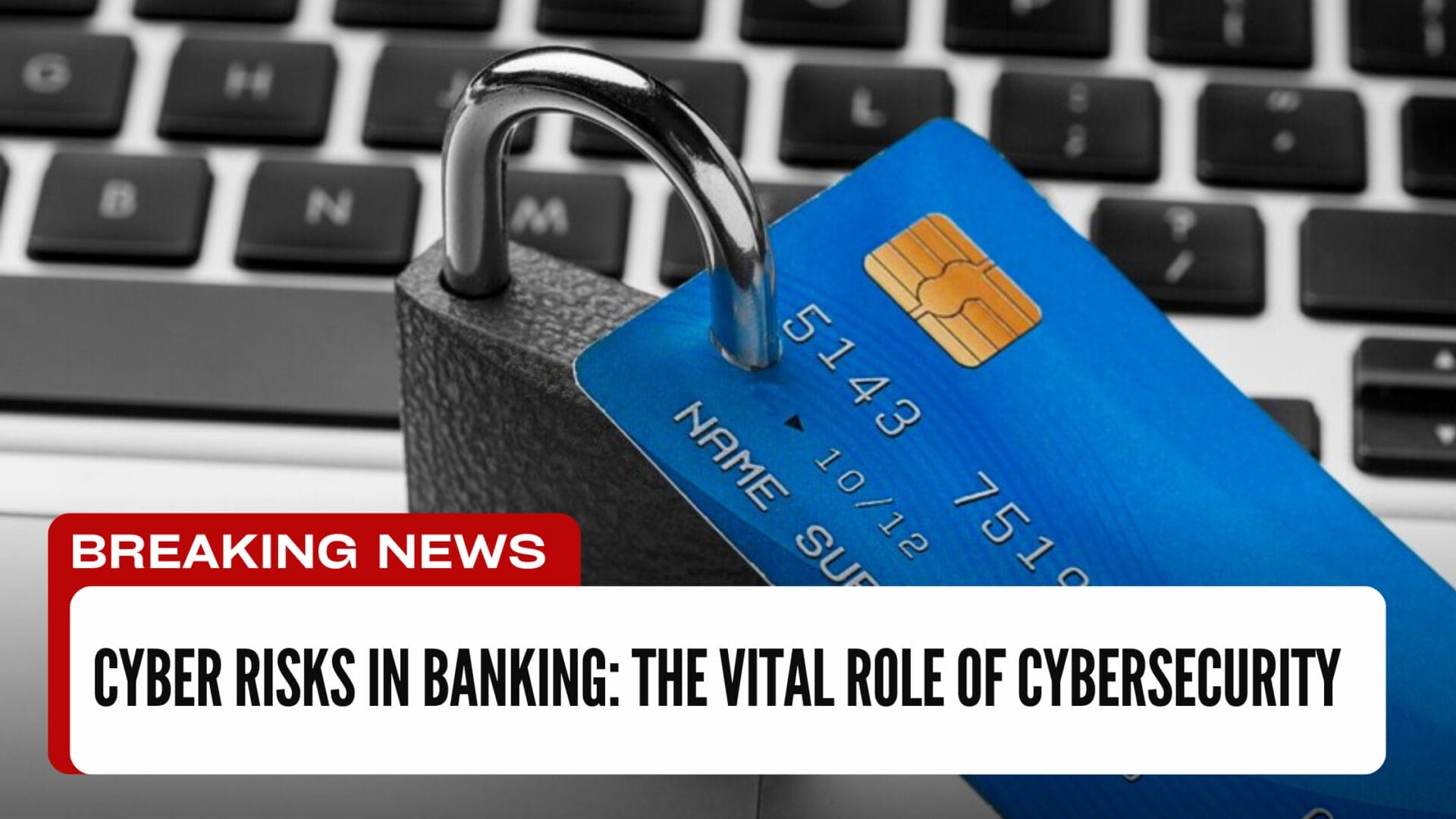In an era dominated by digital transformation, cyber risks in banking sector finds itself at the forefront of technological advancements. However, this progress comes hand in hand with a surge in cyber risks, posing unprecedented threats to financial institutions globally. In this blog post, we explore the escalating cyber risks for banks, emphasizing the critical importance of cybersecurity.
The Escalating Cyber Risks:
As banks increasingly embrace digital technologies to enhance efficiency and customer experience, they become lucrative targets for cybercriminals. From ransomware attacks to phishing scams, the threat landscape is evolving, requiring constant vigilance and robust cybersecurity measures to safeguard sensitive financial data.
The Value of Cybersecurity for the Banking Sector:
- Protecting Customer Data: Cybersecurity is paramount for banks as they hold a vast amount of sensitive customer information. A breach could result in financial loss, damage to reputation, and erosion of customer trust. Robust cybersecurity measures are crucial to ensure the confidentiality and integrity of customer data.
- Ensuring Financial Stability: Cyberattacks on banks not only jeopardize customer data but also pose a systemic risk to the financial sector. Ensuring the stability of the financial system requires proactive cybersecurity strategies to prevent disruptions and protect the overall economic well-being.
- Maintaining Regulatory Compliance: Banks operate in a heavily regulated environment, with stringent requirements for data protection and privacy. Cybersecurity measures are essential to comply with these regulations, avoiding legal consequences and financial penalties.

What Happened to Malaysia’s Banking Sector:
Recent incidents in the Malaysian banking sector underscore the gravity of cyber threats. Cyberattacks on Malaysian banks have exposed vulnerabilities, leading to unauthorized access and potential data breaches. These events highlight the urgent need for enhanced cybersecurity measures to fortify the resilience of the financial infrastructure.
The Way Forward: In the face of escalating cyber risks, banks must prioritize cybersecurity as a fundamental component of their operational strategy. This includes investing in advanced threat detection systems, employee training programs, and collaborative efforts with cybersecurity experts. Governments and regulatory bodies play a pivotal role in creating an environment conducive to robust cybersecurity practices, fostering collaboration between the public and private sectors to counter cyber threats effectively.
Dickson Woo, the Country Manager for Fortinet Malaysia, emphasizes the need for banks to exercise caution in their pursuit of innovation. Amidst the rapid adoption of new technologies and the shift towards increased hybrid work setups, banks must remain vigilant against ever-evolving cybersecurity risks. The urgency of this matter is underscored by the report from the former Ministry of Communications and Digital, revealing that Malaysia encountered 4,327 cybercrime cases in the initial quarter of 2023, resulting in losses amounting to RM77 million.
If banks fail to adapt to new technologies, they face heightened vulnerabilities to emerging cyber threats. The absence of robust security measures aligned with technological advancements can expose financial institutions to a range of risks, including data breaches, financial losses, and compromised customer trust. As the threat landscape evolves in tandem with technological progress, banks that do not proactively embrace and secure new technologies may find themselves ill-equipped to safeguard against sophisticated cyberattacks, potentially leading to severe consequences for both the institution and its clientele. Therefore, it is imperative for banks to strike a balance between innovation and cybersecurity to ensure a resilient and secure digital future.
The digital evolution of the banking sector brings immense benefits but also exposes institutions to unprecedented cyber risks. The value of cybersecurity in safeguarding customer data, ensuring financial stability, and maintaining regulatory compliance cannot be overstated. The recent challenges faced by the Malaysian banking sector serve as a wake-up call for all financial institutions to prioritize cybersecurity as a strategic imperative for a resilient and secure future.
For more information:





